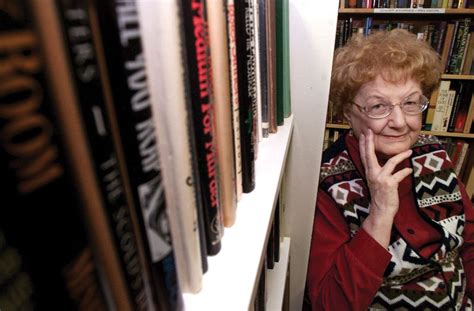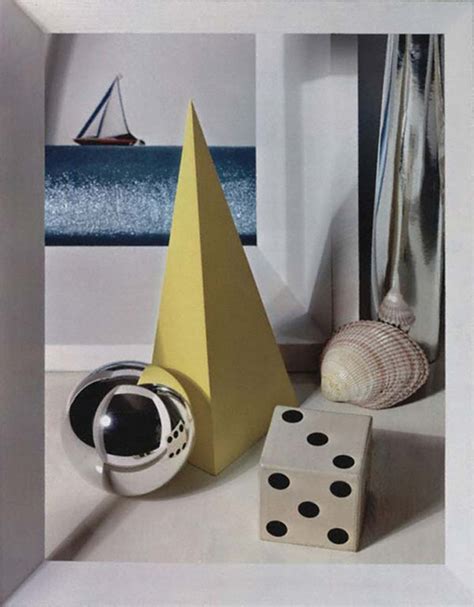A Quote by Andre Norton
I think the human race made a big mistake at the beginning of the industrial revolution, we leaped for the mechanical things, people need the use of their hands to feel creative.
Related Quotes
I feel that all knowledge should be in the free-trade zone. Your knowledge, my knowledge, everybody's knowledge should be made use of. I think people who refuse to use other people's knowledge are making a big mistake. Those who refuse to share their knowledge with other people are making a great mistake, because we need it all. I don't have any problem about ideas I got from other people. If I find them useful, I'll just ease them right in and make them my own.
But the broader lesson of the first Industrial Revolution is more like the Indy 500 than John Henry: economic progress comes from constant innovation in which people race with machines. Human and machine collaborate together in a race to produce more, to capture markets, and to beat other teams of humans and machines.
I see that in the future, things that we have lost in the past will be recovered. There's a search for those things, a search for spirituality, for nature, for the goddess religions, for family and human bonding. All that has been lost in this industrial era. People are in desperate need of those things. I don't think the world will destroy itself in a nuclear cataclysm. On the contrary, we have the capacity to save ourselves and save the planet, and we will use it.
I think some people need the assurance of people around them and ideas worked out in advance. I think it keeps me an edge that to be creative on the spot. You have to think of things to do when you meet people. You limit your choices from the beginning. So I don't bring a lot of lenses, cameras, all these elements that can help the picture to a shooting. You confine yourself to, say, one room and you just make it work. You become very creative in that little space. You have left a lot of other options out of the game.
I think we all mistake certain things for happiness. I think we mistake comfort for happiness and we mistake pleasure for happiness, and entertainment for happiness, when really these are just things we use as proxies for our happiness. We use them to cheer us up or try and achieve brief happiness, when really happiness is something much more profound and long lasting and exists within us.
I'm afraid that we all make mistakes. One of the things that defines our character is how we handle mistakes. If we lie about having made a mistake, then it can't be corrected and it festers. On the other hand, if we give up just because we made a mistake, even a big mistake, none of us would get far in life.





































